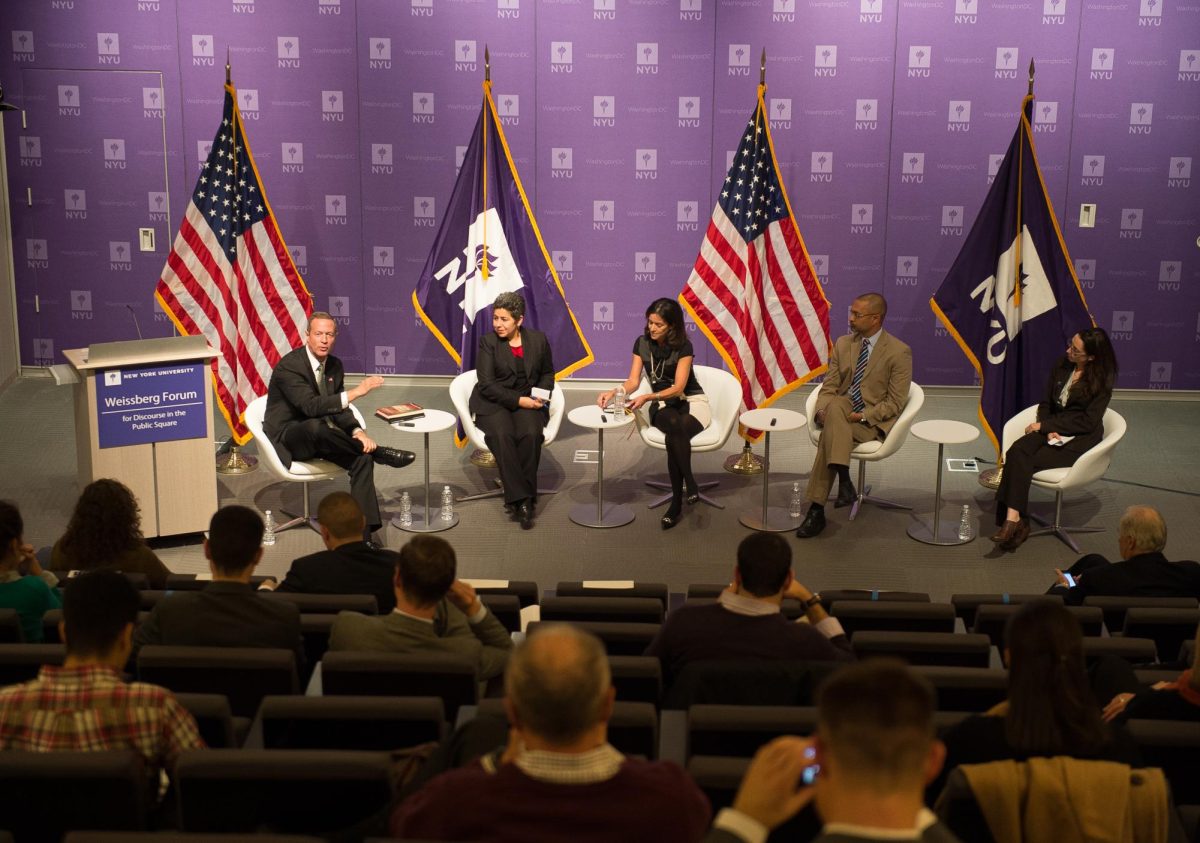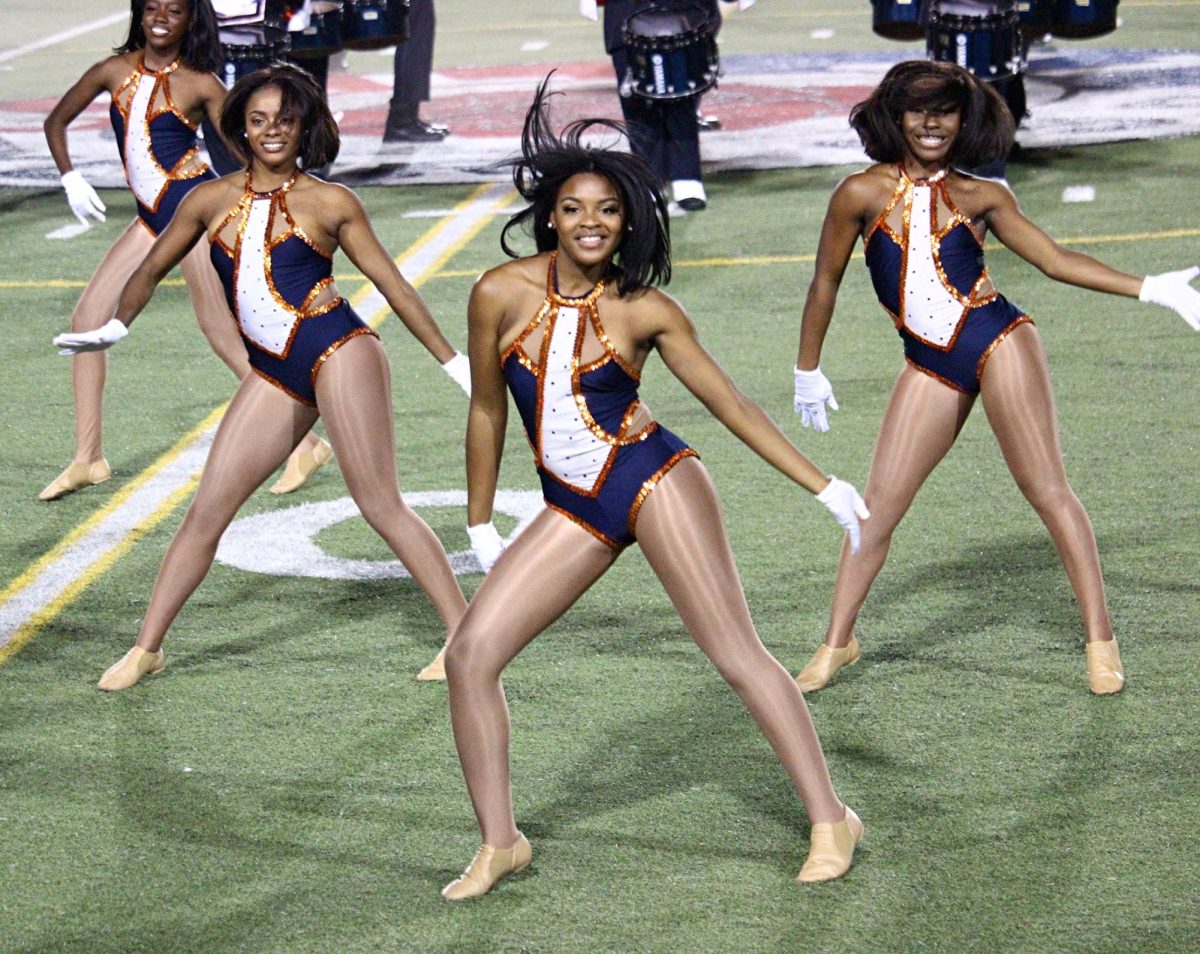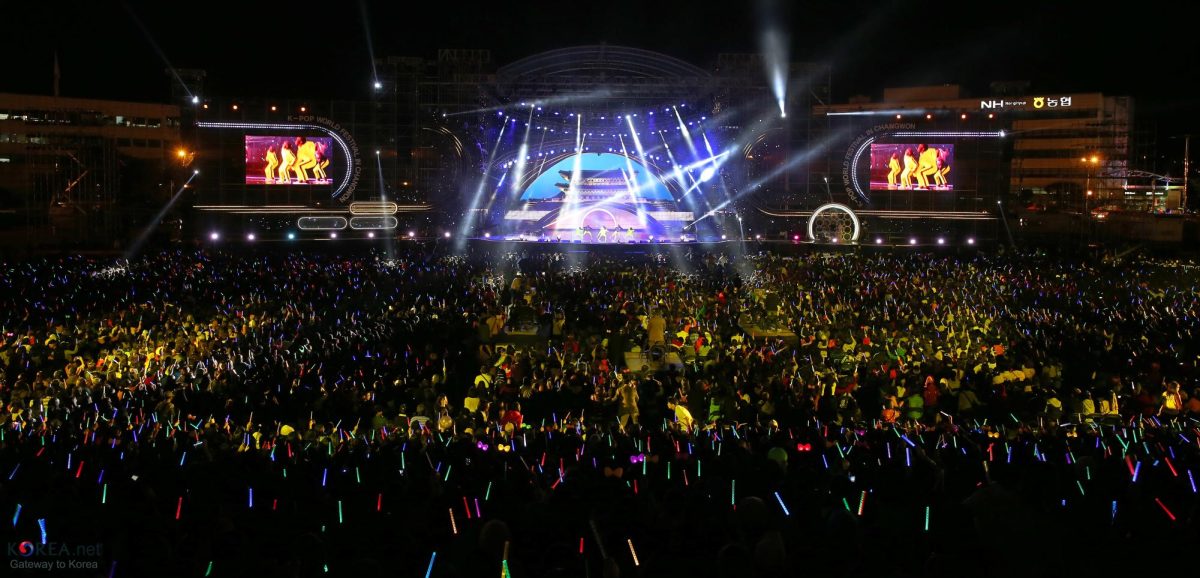Journalism is often called the voice of the people but how can that be so when the people reporting and creating the stories aren’t an accurate representation of the world? According to a study done by the American Society of News Editors in 2018 about 7.22% of all newsroom employees, full-time and part-time, were Black while 78.22% were white. With only 6.45% of Newsroom leaders being Black there’s no surprise that the voices of Black people are continuously erased, forgotten and ignored.
The lack of diversity in these newsrooms is what allows for reckless headlines like those created by the German newspaper, DIE RHEINPFALZ, which roughly translates to “The Virus from Africa is with us.” Not to mention the absolutely disgusting cartoon that the Spanish newspaper, Tribuna de Albacete, drew saying that Black South Africans are coming to Europe on a boat with the Omicron Covid-19 variant.
Some dismiss these things as minor mistakes, but if people truly understand the power that news outlets possess then they would know how dangerous these so-called mistakes can be. It should have taken two seconds of critical thought and due diligence to do research and discover that the narrative created by these news outlets was wrong.
It was later announced by Dutch health authorities that cases of the Omicron variant were actually found in the Netherlands before those identified in South Africa. I refuse to believe that if there were more Black individuals in significant and critical positions in the newsroom that this would have happened. The addition of Black journalists is necessary to force the change of acceptable rhetoric in journalism.
The lack of Black journalists isn’t just an international issue as these issues are very present in US journalism. We don’t even have to look far to find it. Nubian Message was founded as a resistance to the unheard cries of the Black students on NC State’s campus. NC State’s very own Technician published an opinion column in 1992 by Steve Crisp that referred to members of the Black Awareness Council (BAC) as “Ku Klux Blacks.” Nubian Message’s existence is the perfect example of why Black Journalists are important.
One point that has been brought up continuously is that by adding diversity to workplaces, these individuals will be biased toward the intersections they align to. While many jump to the defense of Black journalists and say we are professionals and can do our jobs, I beg to ask: why can’t we solely address the stories of our people? Oftentimes Black stories are left out of the media and when they are addressed they are inaccurately portrayed.
In a study by Color of Change, it was shown that Black families are often portrayed by major news outlets as dependent and dysfunctional while white families are more likely to be depicted as socially stable. News outlets have helped shape and spread the narratives that Black families are “uniquely and irrevocably pathological and undeserving.”
Oftentimes, race is used to measure the stability of a family instead of the functionality of the family unit. Black families are often judged and ridiculed more than their white counterparts. This can be seen through the portrayal of Donald Trump as a father. Donald Trump had 5 kids by 3 women. While there isn’t anything inherently wrong with that, imagine if this was true about Barack Obama. News media would have absolutely used it to try and obliterate his credibility as a worthy presidential candidate.
News media have the power to shape what millions of people feel and believe. Yet the behavior of the world’s current editorial staff has made news a burden, not a benefit, to society. Phillip Graham once said Journalism is the first rough draft of history. There are millions of Black people who have all lived lives that allow them to speak a unique perspective on the Black experience. All of these need to be heard. Let us not let Black stories and experiences be written out of history… AGAIN. Enough is enough!







